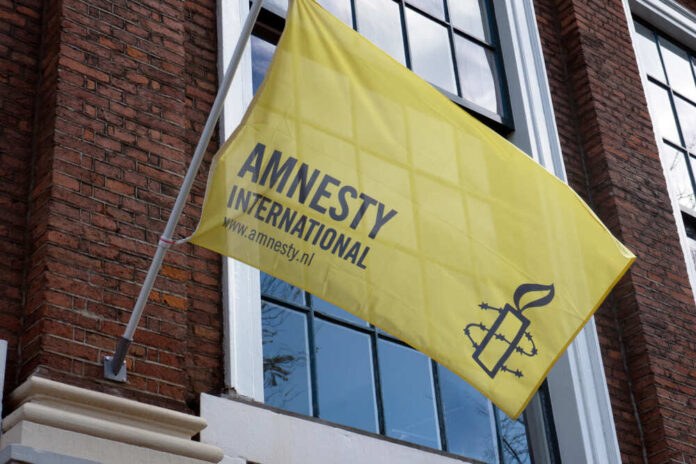
After a harsh report by Amnesty International claimed that thousands of families, some of whom had lived in the area for several generations, were being forcibly evicted from the area surrounding the World Heritage Site as Cambodia sought to develop it for tourism, the U.N. cultural agency demanded an answer from Cambodian authorities in November.
Spanning over 400 square miles, the Angkor site is home to the temple of Angkor Wat and the remnants of Khmer Empire capitals dating back to the 9th to the 15th centuries. It is vital to Cambodia’s tourist sector and has been named by UNESCO as one of the most important Southeast Asian archeological sites.
Claiming in a response sent to UNESCO on Monday that it was merely removing squatters and not inhabitants of over a hundred traditional villages, Cambodia denies claims that it broke international law by forcibly removing people from the area surrounding its world-renowned Angkor Wat temple complex.
According to Amnesty International, there is evidence that the families were forcibly removed from their homes, casting doubt on Cambodia’s claims.
The organization also criticized UNESCO for not doing enough to hold Cambodian authorities accountable and said that the resettlement sites did not have sufficient water, sanitation, and other facilities.
UNESCO, headquartered in Paris, was deeply concerned about the allegations and had Cambodia report on the conservation efforts at the Angkor site one year ahead of schedule. UNESCO also urged them to ensure that any relocation is voluntary.
Cambodia stated in its report to UNESCO that it was relocating only individuals engaged in the illegal occupation of heritage land, excluding those recognized by UNESCO as residing in traditional villages, soon after the Angkor complex was inscribed as a World Cultural Site in 1992.
In its November report, Amnesty International highlighted a statement by former Prime Minister Hun Sen, who stated that the people must either leave the Angkor site soon and receive some form of compensation or be evicted later and receive nothing. The organization claimed that these threats originated from the highest echelons of government.
In December, Prime Minister Hun Manet visited Run Ta Ek. He addressed Amnesty International’s claims that Cambodia was guilty of human rights abuses, stating that progress was being made quickly and inviting the audience to “come and see for yourself within a year.”
The fact that the displaced individuals were now Cambodian officials emphasized landowners in their report to UNESCO.













